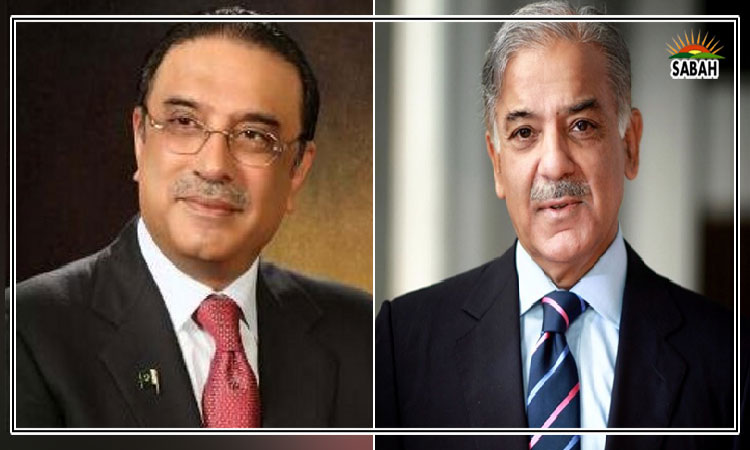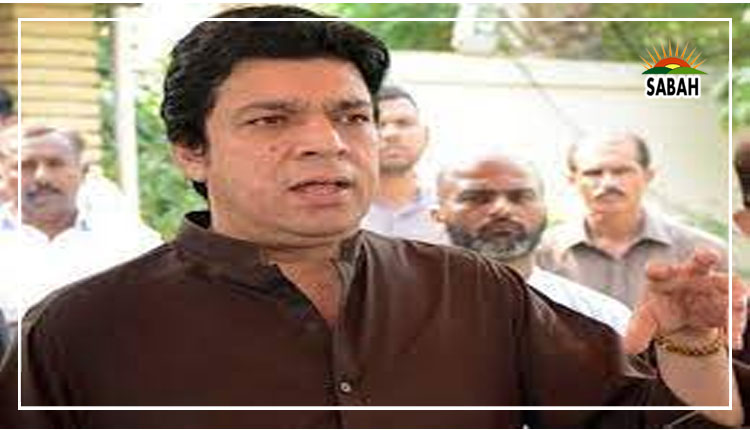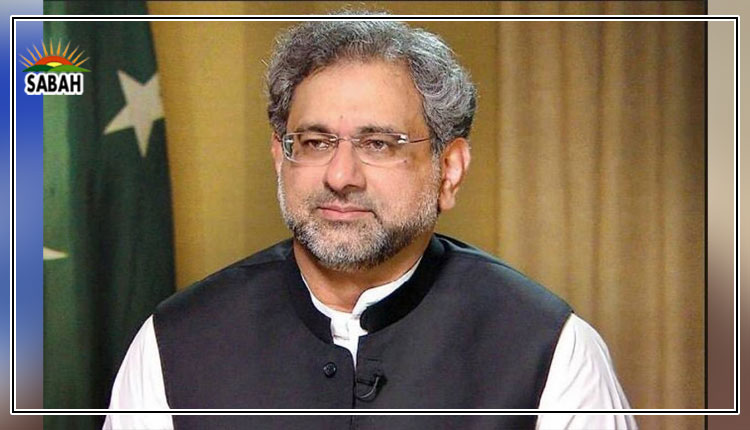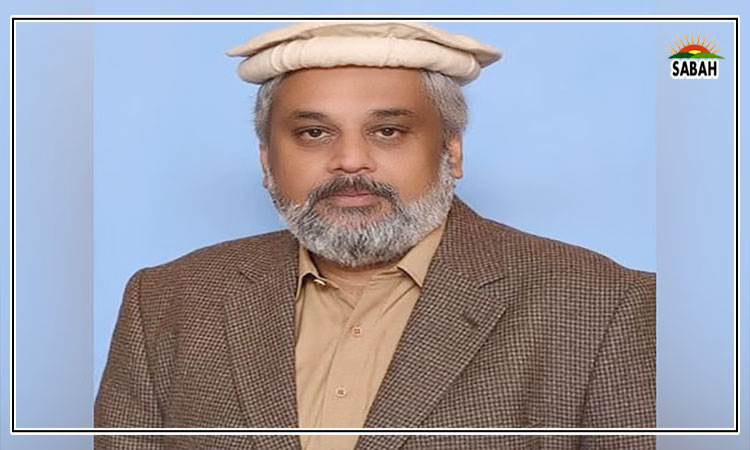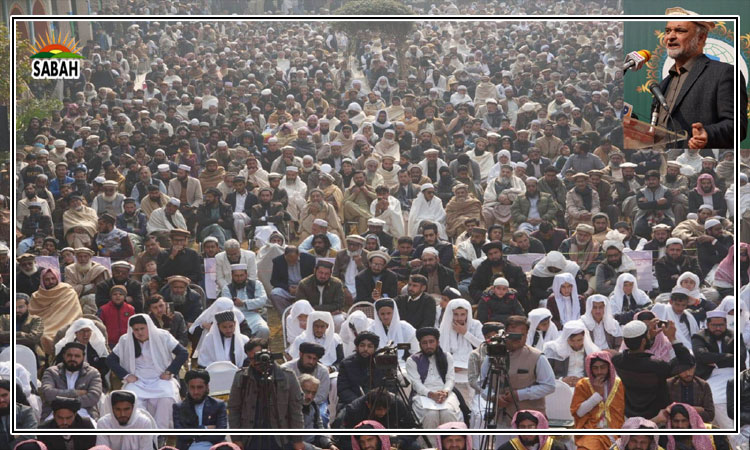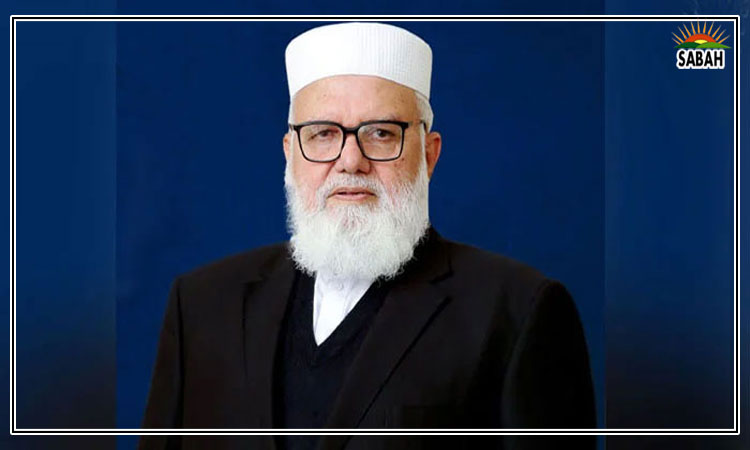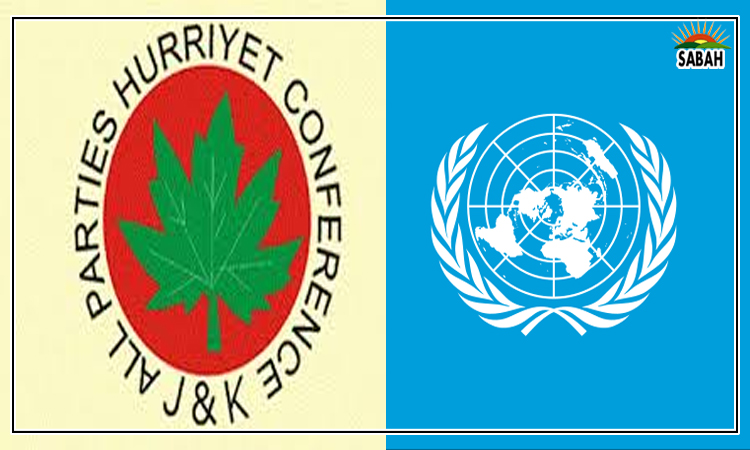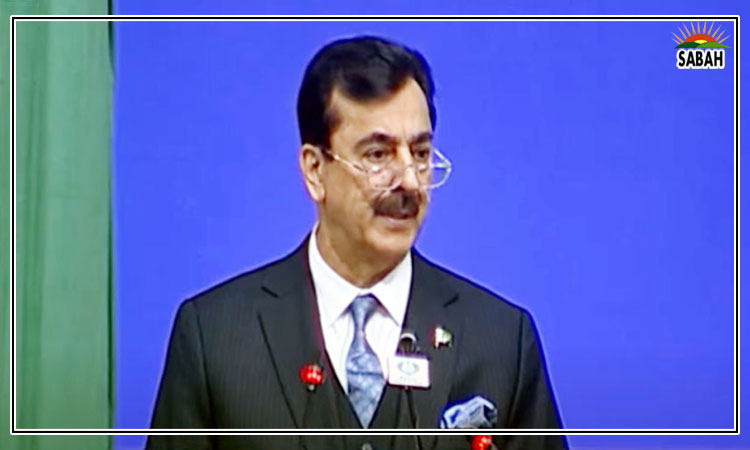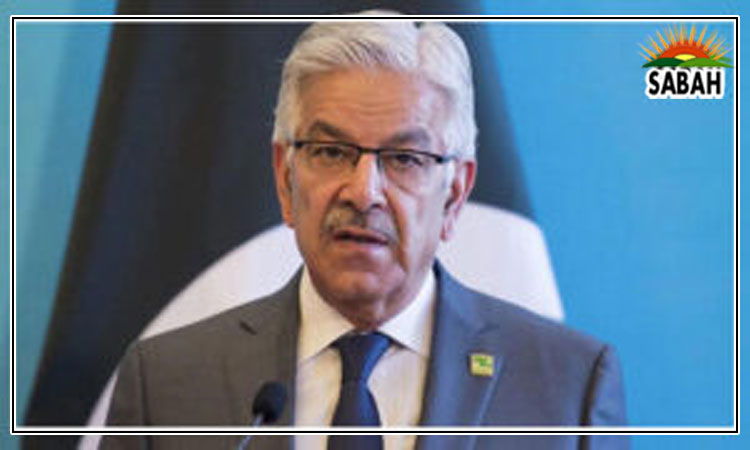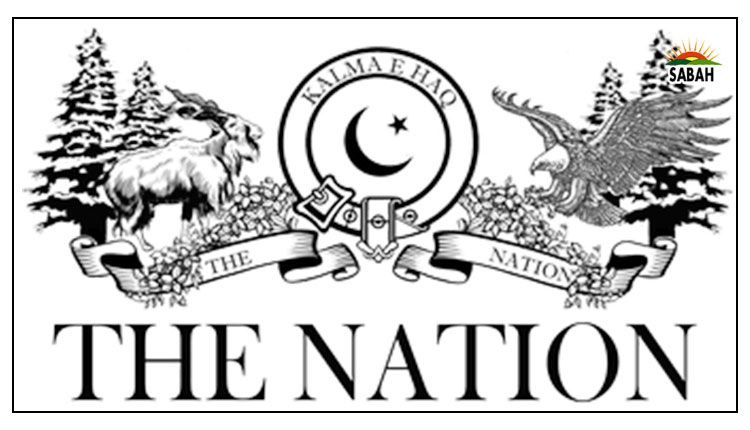Morality and leadership….Waqar K Kauravi
A strong moral compass is essential for statesmanship and political leadership, as the World Economic Forum (WEF) has highlighted time again. Linda A Hill is a Wallace Brett Donham Professor of Business Administration at Harvard Business School. According to one of her articles in WEF magazine, it is a fallacy that leaders start with a fully formed moral compass. Throughout a career, ethical judgment is developed and learned. It starts with an awareness of ones ideals. It is not true that leaders lack morals; they do. They simply dont understand what they are, much less how to apply them to analyse the trade-offs involved in moral decisions. Ironically, the combination of ambition, a high need for achievement, and little sense of ones values can be a formula for disaster, even when a leader is well-intentioned.
EthicsSage.com highlights that you will know you are on the correct track to making ethical decisions if your moral compass is pointing true North. We can see the mental processes that steer us in an ethical course by putting morals before a compass. A framework for directing our activities is provided by using the metaphor of the moral compass to express our internal sense of good and wrong. The recent ethical and moral debate in Pakistan must be viewed in the context of post-truth politics; populism drives young people to the point of insanity and has given rise to digital tribes that will follow their preferred leaders without considering any other options. Although we must make do with what we have and cannot expect angels to rule Pakistan, there must be some fundamental moral principles by which the government is evaluated.
We have a simple but important illustration of how countries hold their leaders responsible for their misdeeds. After nearly fifty years, Narendra Modi in India was held responsible for the ownership of his wife. According to reports from the Indian press and the Washington Post in 2014, Narendra Modi was required to submit an affidavit to the Election Commission proving his marital status and disclosing his 50-year marriage to Jashoda Behen. Although Modi kept it a secret for five decades, the system held him responsible when it came to his bid to become Indias prime minister. According to the Indian Express, Modi made the admission when he submitted his nomination for the Vadodara seat.
Eight key tenets of ethics and morals are outlined in the UAEs basic education for youngsters, including justice, courage, honesty, resilience, perseverance, responsibility, duty, and caring. Justice, honesty, and responsibility rank among the top virtues for any leader out of these eight. The latest alleged audio tapes exposing PTIs leadership have been widely discussed in mainstream media, even Imran Khan, in an interview, emphasised the need for covering past shenanigans of any individual, referring to principles of privacy in Islam; however, it raises more questions than answering previous ones. Islam also emphasises the principles of holding public office and morality and lays down strict guidelines for the conduct of statesmanship and statecraft. High ideals of the State of Medina and reference to the Caliphate are good starting points for the ultimate objective of turning Pakistan into a true Islamic welfare state; however, these ideals can only be achieved if the leadership propagating it starts practicing some of the basic principles of the State of Medina.
The alleged audio tapes have also found resonance in Indian media, which have had a field day in exposing the character of Pakistani political leadership; unfortunately, the tongue-in-cheek commentary from our arch-rival and its discourse in barbershop gossip on social media have tarnished the image of Pakistan. Pakistani political leadership was never the envy of statesmanship; it has added another dark spot in its profile, shaming the entire nation. Unfortunately, the political leadership, including PTI, has resorted to frequently using whataboutery to deflect challenging inquiries.
Whataboutery has impacted political discourse in Pakistan; when politicians are questioned about their behaviour or financial resources, whataboutery is often used as a defence. We commonly hear arguments such as, Why dont you look at so and so? It is our collective responsibility to discuss and debate these ethical issues through all forms of media and to develop legal and moral firewalls in our democratic system to minimise the dangers of these diseases, even though the issues of lying and whataboutery wont be addressed in the near future. After all, democracy upholds higher standards of morality, openness, accountability, and ethics. It is not just about counting votes. It is so difficult to advise political parties and their leaders, as these have become cults with a blind following, and PTI is no exception. However; there should be some basic norms and moral standards that our society can adopt to make the national leadership accountable.
Courtesy The Nation


